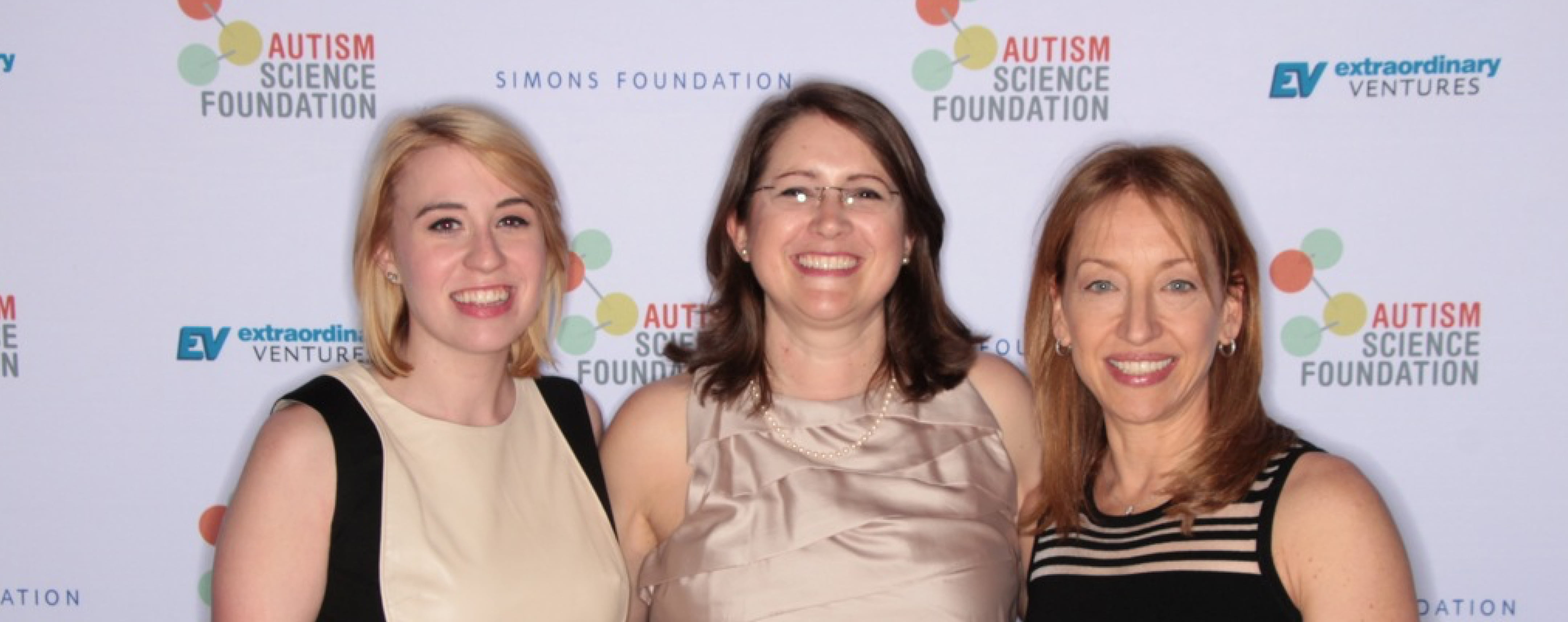Autism BrainNet: a collaboration between medical examiners, pathologists, researchers, and families to advance the understanding and treatment of autism spectrum disorder.
Context.—: Autism spectrum disorder is a neurodevelopmental condition that affects over 1% of the population worldwide. Developing effective preventions and treatments for autism will depend on understanding the neuropathology of the disorder. While evidence from magnetic resonance imaging indicates altered development of the autistic brain, it lacks the resolution needed to identify the cellular and molecular underpinnings of the disorder. Postmortem studies of human brain tissue currently represent the only viable option to pursuing these critical studies. Historically, the availability of autism brain tissue has been extremely limited.
Objective.—: To overcome this limitation, Autism BrainNet, funded by the Simons Foundation, was formed as a network of brain collection sites that work in a coordinated fashion to develop a library of human postmortem brain tissues for distribution to researchers worldwide. Autism BrainNet has collection sites (or Nodes) in California, Texas, and Massachusetts; affiliated, international Nodes are located in Oxford, England and Montreal, Quebec, Canada.
Data sources.—: Pubmed, Autism BrainNet.
Conclusions.—: Because the death of autistic individuals is often because of an accident, drowning, suicide, or sudden unexpected death in epilepsy, they often are seen in a medical examiner’s or coroner’s office. Yet, autism is rarely considered when evaluating the cause of death. Advances in our understanding of chronic traumatic encephalopathy have occurred because medical examiners and neuropathologists questioned whether a pathologic change might exist in individuals who played contact sports and later developed severe behavioral problems. This article highlights the potential for equally significant breakthroughs in autism arising from the proactive efforts of medical examiners, pathologists, and coroners in partnership with Autism BrainNet.

